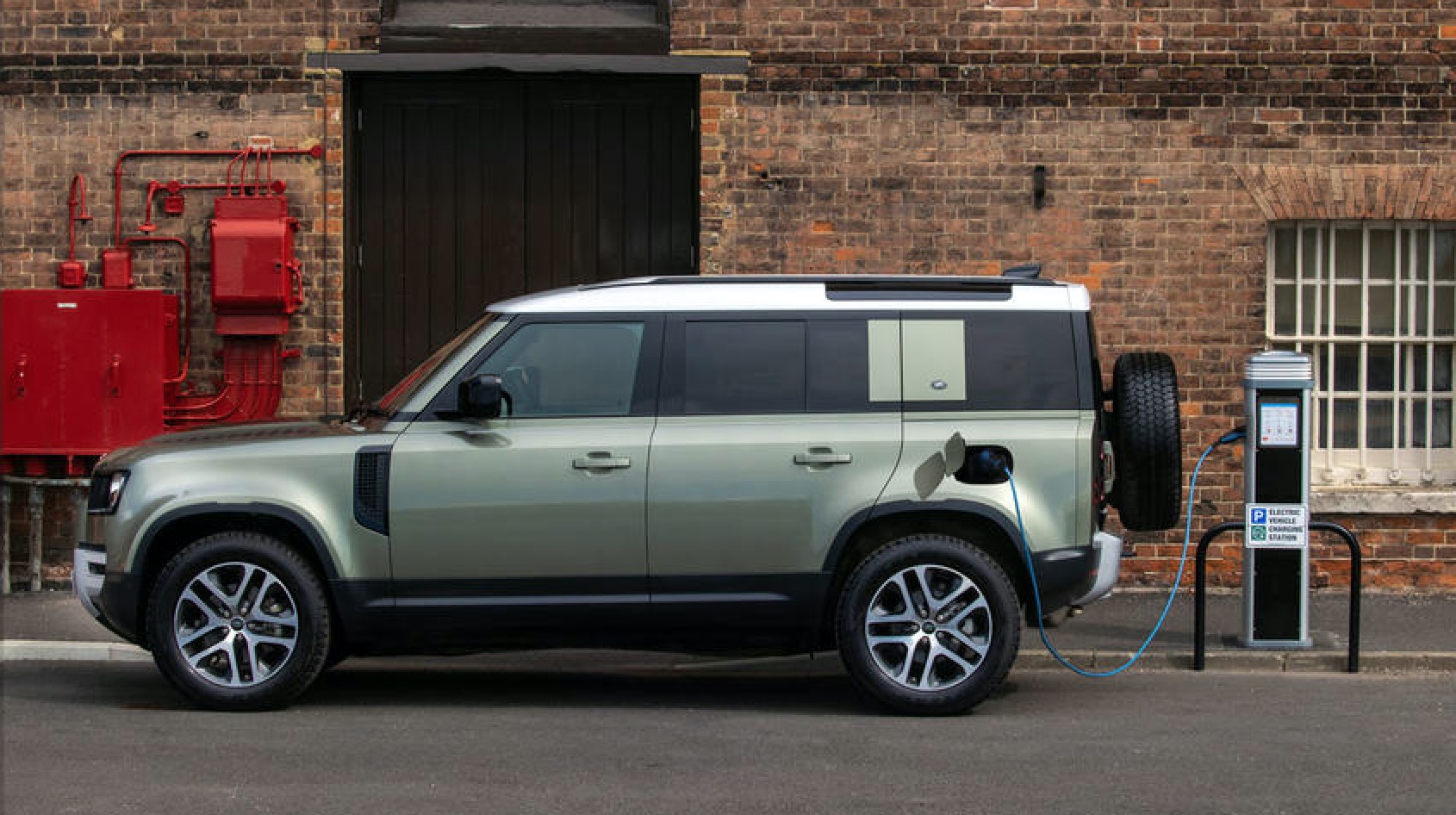New rules will require car firms to sell increasing percentage of zero-emission vehicles from 2024 onwards.
The UK government is planning to introduce a new mandate requiring manufacturers to sell an increasing percentage of zero-emission vehicles each year from 2024 onwards as part of its new Net Zero Strategy – which also includes promises to cut the number of car journeys made in cities and increase car sharing.
The UK’s government has already announced a ban on the sale of all new non-zero-emission cars – with the exception of a limited number of hybrids – from 2030 onwards, and the new zero-emission vehicle (ZEV) mandate will help to speed that transition by forcing car firms to make EVs account for an increasingly large part of their fleet.
The ZEV mandate, which has been approved following a public consultation, will complement the existing system of giving car firms a fleet-average CO2 emissions target. It is understood the government has considered that system was reliant on WLTP fuel economy figures that don’t always reflect real-world usage.
What is the Net Zero Strategy?
The Net Zero Strategy report outlines how the UK will achieve the government’s target to achieve net zero emissions by 2050 and includes commitments, investment and legislation across the economy. The government claims the strategies will secure 440,000 jobs and “unlock” £90 billion (AUD$166bn) in investment in 2030.
In the section on transportation, the report notes that domestic transport accounted for 23% of UK greenhouse gas emissions in 2019, with 55% of that total from car emissions.
The government pledges that “every place in the UK” will have its own net-zero-emission transport network before 2050.
But the report says that the UK cannot rely on the electrification of road transport to achieve net zero emissions and that in recovering from the pandemic “it will be essential to avoid a car-led recovery”. To do that, the government wants to increase the share of trips made by public transport, walking and cycling.
Investment promised in industry and charging infrastructure
The government says it has allocated a further £350 million ($645m) from its £1bn ($1.84bn) Automotive Transportation Fund (ATF) to support the electrification of UK vehicles and their supply chains.
It has pledged to ensure the nation’s charging network is “reliable, accessible, and meets the demands of all motorists”, and says it will to publish a full EV infrastructure strategy later this year.
The government also says it will spend an extra £620m ($1.14bn) to support the transition to electric vehicles by increasing the rollout of charging infrastructure “with a particular focuson local on-street residential charging, and targeted plug-in vehicle grants”. It says further details of this investment will be made in due course, and supported by a full electric vehicle infrastructure strategy.
The government has also pledged to build a “globally competitive” zero-emission vehicle supply chain, and to ensure the UK automotive sector is “at the forefront of the transition to net zero”.
Another significant move is a pledge to increase average road vehicle occupancy by 2030. The government claims that increasing the average car occupancy from 1.55 to 1.7 could save nearly 3Mt of carbon each year by 2030 and says it is building evidence to understand potential policies that could increase the uptake of shared mobility. It has pledged to work with both industry and local authorities to determine this.
There is also a promise to reduce the barriers to data sharing across the transport sector, which, it is claimed, can help drive new products, policies and services that will encourage people to make zero-emission journeys.
2040 sales ban on all new non-zero-emission vehicles
The government has also pledged to bring forward a ban on all new non-zero-emission road vehicles – which would include motorcycles, buses and goods vehicles – to 2040, pending a public consultation.
In a bid to lead by example, the government has pledged to make a quarter of its car fleet ultra-low emission by the end of 2022, and its car and van fleet fully zero emission by 2027.
James Attwood




